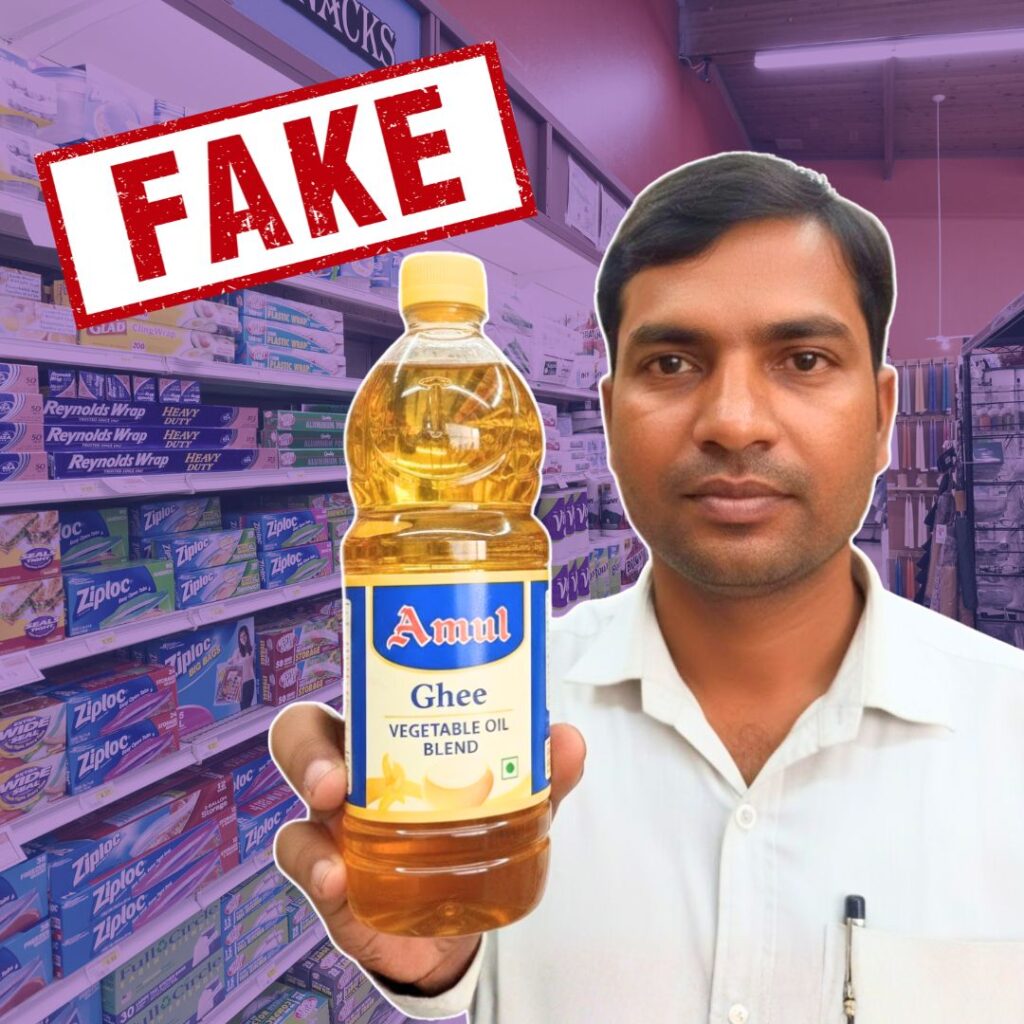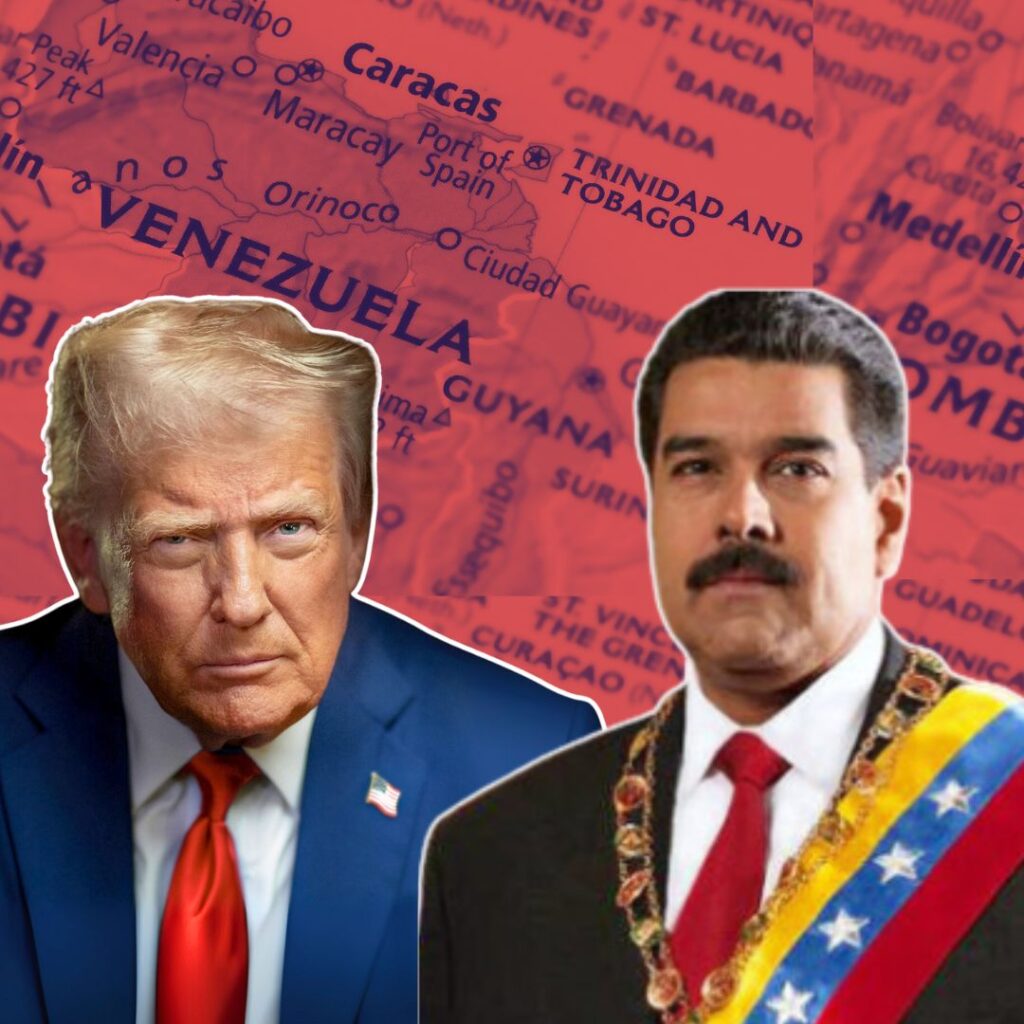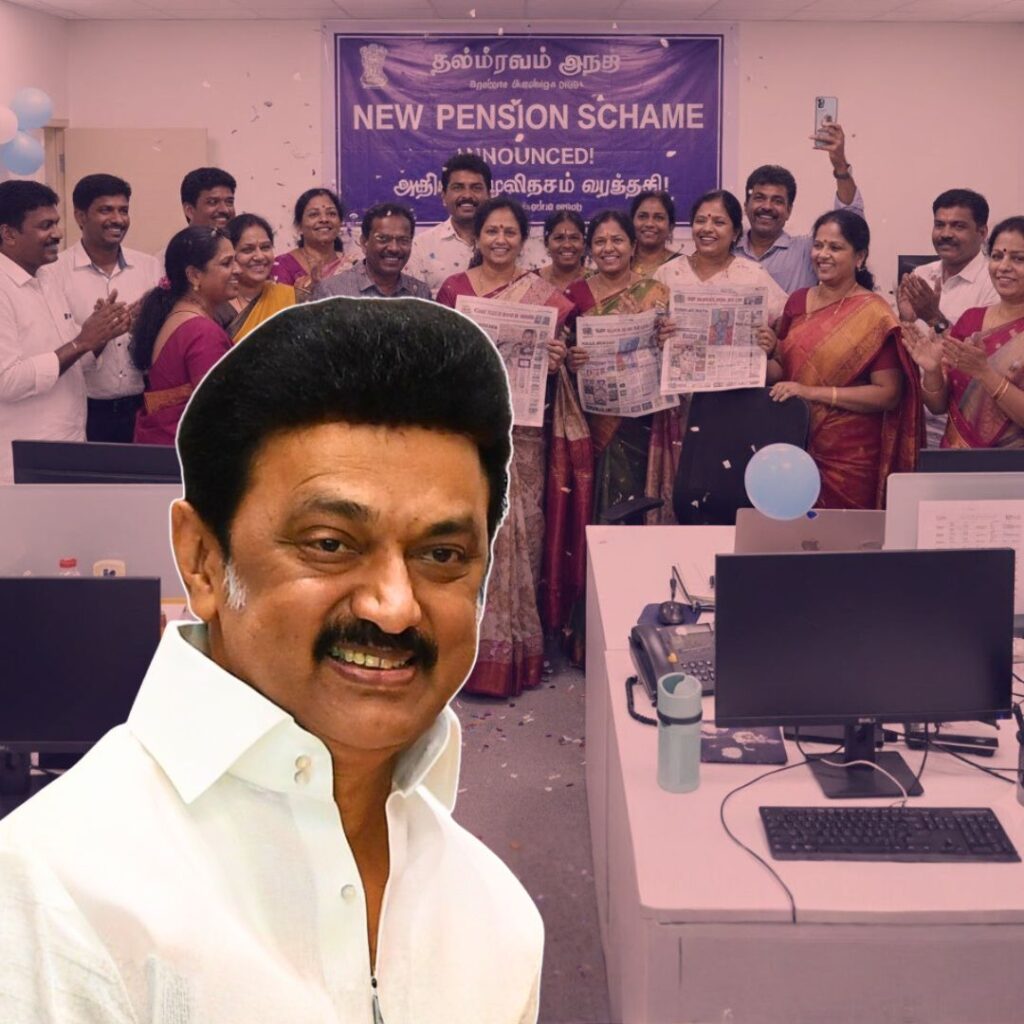Women politicians in India face a shocking scale of abuse on Twitter according to Amnesty International India based on its recent report titled: ‘Exposing Online Abuse Faced By Women Politicians In India’.
The India-based office of the INGO (International Non-Government Organisation), conducted the study in collaboration with Amnesty International.
The study reviewed 114,716 tweets sent to 95 Indian women politicians during the 2019 Lok Sabha polls from March-May 2019.
It pointed out that Indian women politicians face twice the abuse than their US and UK counterparts and that every fifth abusive tweet is either sexist or misogynistic.
The study also says that Muslim women faced 94.1 per cent more religious abuse than any other religion.
‘Muslim women politicians received 94.1 per cent more ethnic or religious slurs than women from other religions. Women politicians who are Scheduled Castes, Scheduled Tribes and Other Backwards Classes received 59 per cent more caste-based abuse compared to women from General castes,’ the report said.
Shazia Ilmi from Bharatiya Janata Party said: ‘More women should be entering politics. But the price that I pay is too much for what I choose to do. The price includes being trolled incessantly, being the victim of online harassment, having a lot of remarks passed about what I look like, my marital status, why I have or don’t have children, etc. â all the filthiest things you can think of. If they don’t like my strong opinions, they do not remark on my work but call me a ‘whore’ in every language that is used in India’.
The women politicians in the study represented a wide range of political views covering every angle on the ideological spectrum.
‘Tweet Mentions’ were decoded through the microsite Troll Patrol India – which is a joint effort by human rights researchers, technical experts, and online volunteers to build a large crowdsourced dataset of online abuse against women politicians in India.
Over 1,900 digital volunteers from 82 countries out which 1,095 were from India came together to decode the data.
In total, the decoders found out 142,474 tweets, totalling 474,383 individual answers. This large number allowed Amnesty to have both a dataset of 114,716 tweets sampled uniformly at random and a smaller dataset of 27,758 tweets sampled from a more experimental procedure.
The report also points out that one in every seven tweets that mentioned women politicians in India was ‘problematic’ or ‘abusive’. One of the most shocking fact the report highlights is that women politicians from political parties other than the ruling Bharatiya Janata Party experienced more abuse.
Kavita Krishnan, from Communist Party India (Marxist-Leninist) Liberation, told Amnesty International India: ‘It is particularly frustrating and mentally stressful when you report something, but Twitter or Facebook says that ‘this does not violate their norms’. I feel these platforms should either get rid of their reporting business or stop pretending that they have these norms; because if they are not going to act on them, then they should not have them at all.’
Atishi from Aam Aadmi Party said: ‘It is not the role of each woman to individually ensure her safety in public space. For example, if a woman steps out in public transport, it is the government’s role to ensure that they are safe there. Similarly, if there is a woman who is accessing social media on Twitter, it is the responsibility of the platform to ensure that it is a safe and secure space for women’.
Avinash Kumar, Executive Director at Amnesty International India, commenting on the report said: ‘Even though Twitter has grown into an indispensable tool for political engagement, campaigning and activism, women are regularly and relentlessly subjected to abuse on the platform, which has a silencing effect on them.’
Twitter’s Response
Amnesty International India shared its findings with Twitter India in November last year. It sought its response concerning the reporting process, moderation, and language detection. It also wished to understand whether any specific measures were taken by Twitter to decrease the online abuse during the 2019 General Elections in India.
Responding to the finding, Twitter said that ‘building a Twitter free of abuse, spam and other behaviours that distract from the public conversation is one of their top priorities. It has made strides in creating a healthier service and continues to further invest in proactive technology to positively and directly impact people’s experience in the service.’
However, after conducting a background check on the Amnesty International India’s report, sources told The Logical Indian that the concept of ‘problematic’ content for the purposes of classifying content is one that requires further discussion.
‘It is ‘unclear’ how Amnesty has defined or categorised such content or if the suggestion is that it should be removed from Twitter.’
‘Abuse, harassment and hateful conduct have no place on Twitter and we h…










